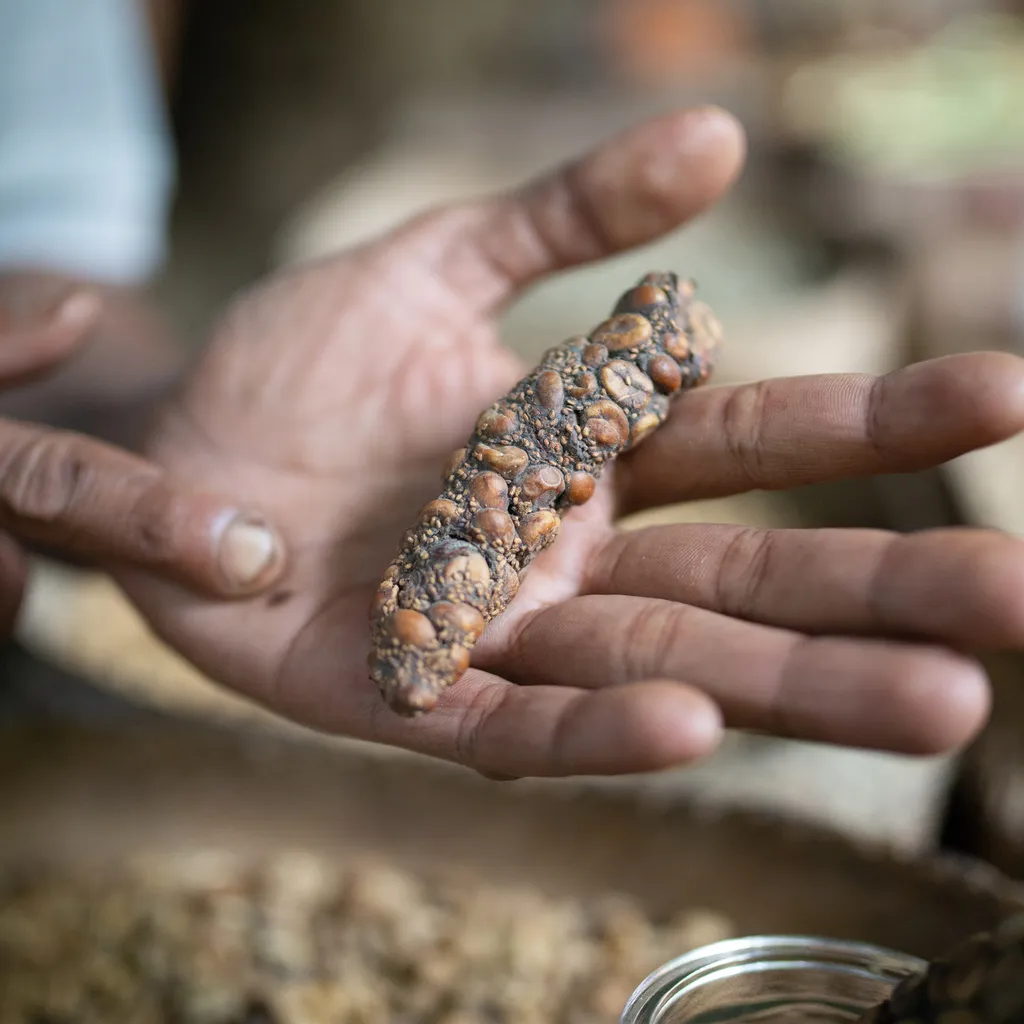How do you like to take your coffee? Americano? Cappuccino? Macchiato? Or perhaps you would like it to have passed through the alimentary canal of a civet, a South-East Asian mammal? Welcome to civet coffee, also known as Kopi luwak.
What is civet coffee?
Hailed variously as “the Holy Grail of coffees” and “the most exotic beverage on the planet,” civet coffee, or kopi luwak, is made from beans that have been extracted from the droppings of the Asian palm civet. Looking something like a cross between a cat and a mongoose, it loves the flesh of coffee berries, but cannot properly digest the beans, which emerge whole when it defecates.

Kopi luwak is thought to have long been scavenged from droppings by workers on Indonesian coffee farms, who were forbidden from making coffee from the crop by their employers. It was first imported into the west from Indonesia in the 1990s, and quickly became celebrated for its quirky provenance and for its supposedly unique flavour, which has been described as smooth and chocolatey.
Kopi luwak aficionados hold that acids and enzymes in the civet’s gut alter the protein content of the beans. It is also possible that the flavour is influenced by the civets’ preference for certain types of berries over others.
Not everyone is convinced that the differences in flavour, if they even exist, are an improvement. “Petrified dinosaur droppings steeped in bathtub water” is how one review in The Washington Post described kopi luwak. It hasn’t fared well in expert tasting tests either.
In the words of coffee industry expert Andrew Hetzel, kopi luwak is “a gimmick, a fairy tale fabricated to sell gullible consumers bad coffee at extraordinarily inflated prices”.
Civet coffee price
Love it or loathe it, one thing is certain: it is very expensive, as a quick web search will show. A survey conducted in 2021/22 found that a kilogram of beans costs up to $1,300 (£990).
However, cheaper products have become available over the last decade as many producers have turned to farming civets rather than collecting the droppings of wild animals, which is highly labour intensive. This, though, has raised concerns about the welfare of the farmed animals and fears that the practice is leading to civets being captured from the wild.
Is civet coffee humane?
A BBC investigation in 2013 found that kopi luwak destined for British markets that was being sold as ‘wild’ was in fact produced by civets being held in battery-cage conditions in Sumatra.
According to specialist coffee magazine Sprudge, “Kopi luwak is the foie gras of coffee, if foie gras tasted like Alpo dog food and cost roughly the same as caviar.”
Tony Wild, who, as coffee director at Taylors of Harrogate, was the first person to import kopi luwak into the west in 1991, now regrets his involvement in what he has described as an “utterly preposterous, utterly hideous trade”.
- The world's most cruel animal attractions
- Can wildlife trade ever be beneficial? A look at its positive side
- Is it legal to keep primates as pets in the UK?
Main image: Civet © Getty Images

